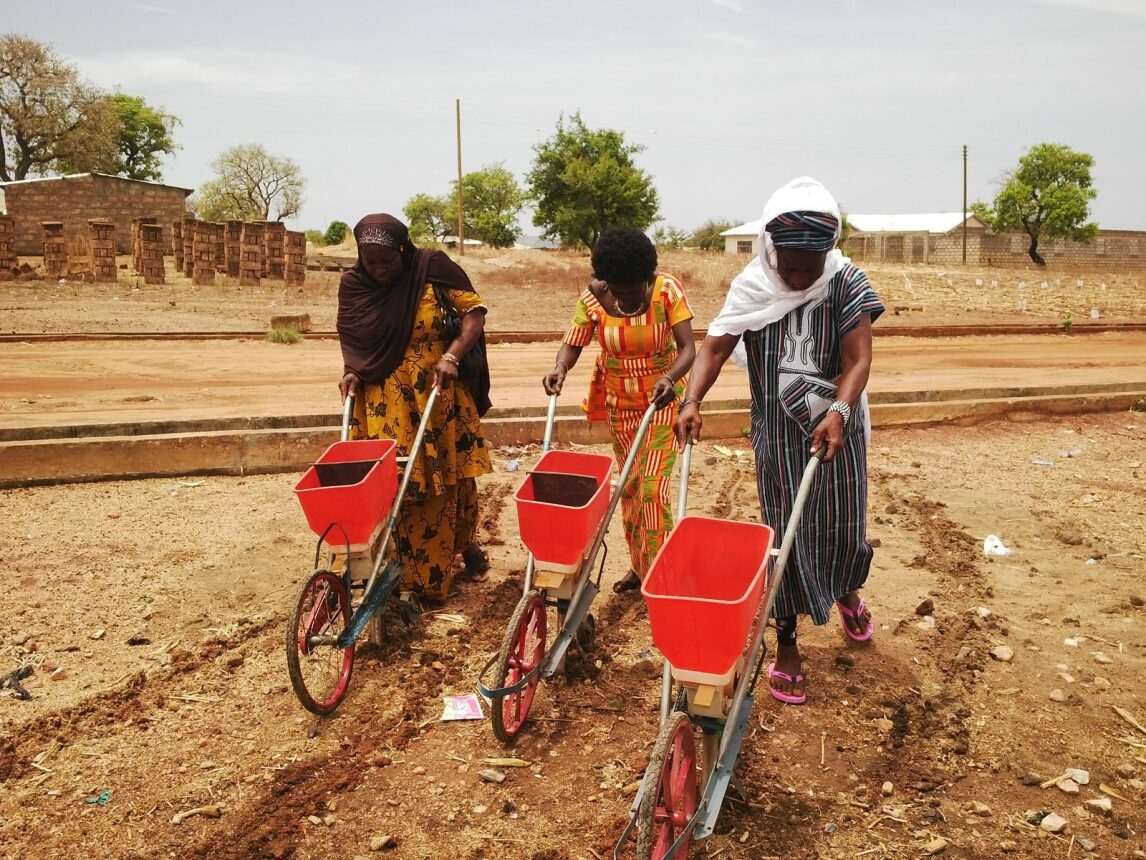Nutrition Module 101: Session 4
This session introduces users to the basic
concepts of nutrition. By the end of this
session users will gain knowledge on:
- ·
The role of food systems in nutrition.

Category
Nutrition
Thematic Areas
Nutrition
Type
-
Languages
ENGLISH
Published
9 months ago
06. Nutrition 101 Session 4 Slides
Food systems (FS) Briefly means all of the people and activities that play a part in growing, transporting, supplying, and, ultimately, eating food
Resources
Nutrition 101 Session 4 Notes
Learning objectives
● Understand the food system and its contextual factors
● See entry points into the food system for agriculture-based interventions to strengthen nutrition outcomes.
● Understand the difference between the food system and the food supply chain, and know what actors, systems and variables your organization can impact.
● See opportunities to develop interventions within the food supply chain to positively influence
nutrition outcomes.
Resources
Nutrition 101 Session 4 Handouts
Key Concepts
The food system is inclusive of the social, political, institutional, and environmental context of how we produce and ultimately consume food.
● The food system includes the range of actors and systems involved in the food supply
chain, the enabling environment, the food environment, and individual end-consumers.
● Variables in the food system include how urban or rural a community is, industrialization,
the level of formality in markets, agricultural productivity, a community’s reliance on staples
and food budget share, and more.
● Looking across our food system, we can identify ways to make nearly any food and
agriculture related work more nutrition-sensitive.
● To find the appropriate entry point, we first analyze the root causes of food insecurity
and malnutrition. What is preventing the consumption of safe, nutritious foods?
Understanding what is most significantly impacting food choice and consumption will
allow you to focus interventions with the food system to affect those patterns and
structures.
Resources